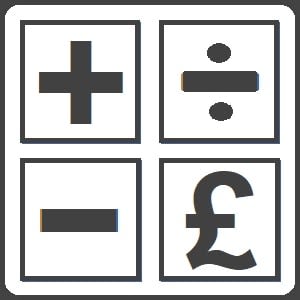Calculation of Basis Period Reform Transition

Calculation of Basis Period Reform Transition
The UK’s Basis Period Reform aims to align the taxable reporting period for self-employed individuals and partnerships with the tax year, ensuring profit reporting aligns with the tax year-end. Below are the details of the reform and its transitional arrangements.
Transition Period Of Basis Period Reform (2023-2024 Tax Year)
During the transition period, businesses must report profits up to the end of the 2023-2024 tax year, including additional profits from the end of their previous basis period to 5 April 2024 (transition profits). To ease the burden on taxpayers, these transition profits can be spread evenly over five tax years by default, starting with 2023-2024.
Businesses with accounting periods ending on or near 31 March are unlikely to have transition profits.
The transition period helps alleviate tax pressures resulting from the change in basis periods and avoids sudden spikes in tax liabilities.
What is Basis Period Reform?
Previously, some businesses could choose accounting year-ends that differed from the tax year. However, from the 2023-2024 tax year onward, all self-employed individuals and partnerships must report profits according to the tax year (6 April to 5 April).
How to Calculate Transition Profits?
Taxpayers must submit their Self Assessment tax return for the 2023-2024 tax year. Even if the full basis period profits are not yet known, provisional data can be submitted and updated later.
Calculation Method of Basis Transition Profits
For self-employed individuals and partnerships, transition profits are calculated by apportioning profits by the number of days in the basis period. Standard profits are reduced by carried-forward losses before calculating transition profits. If the accounting period spans three or more periods, manual calculations are required.
Required Information for Basis Transition Calculation
- For self-employed individuals: Accounting records for all periods from the end of the 2022-2023 basis period to 5 April 2024, Overlap Relief figures, and any necessary net profit or loss adjustments.
- For partnerships: Partnership Statements for the 2023-2024 tax year, which may include multiple reports and other accounting information for the partnership.
Get It Done Right for Basis Period Transition
The Basis Period Reform significantly impacts self-employed individuals and partnerships. Ensure accurate tax data for the 2023-2024 tax year is submitted by 31 January 2025. For any questions, consult your accountant at Elaga. Our staff will be happy to ass ist and ensure an optimised and smooth transition for your business.
We hope this important update is helpful! If you have further questions, feel free to reach out.
#BasisPeriodReform #BasisPeriod #AccountingPeriod #TaxReportingPeriod #SelfEmployment #Partnership #OverlapRelief #2025TaxReturn #TransitionYear #20242025TaxYear
Contact Us
Send a Message
Get in touch to discuss with us how we can best assist you.
